«ABOVE ALL, ARCHITECTURE IS AN ENRICHING EXPERIENCE THAT GOES BEYOND THE TENSION BETWEEN THE STRUCTURAL COMPONENTS INVOLVED» | INTERVIEW WITH ANUPAMA KUNDOO.
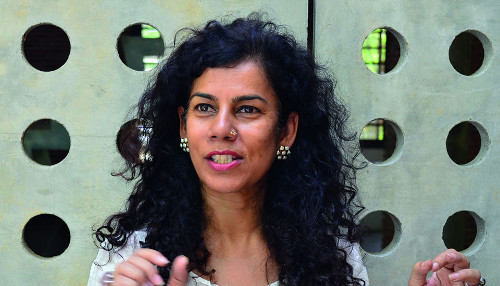
Desde BB Construmat
“The architect Anupama Kundoo (Pune, 1967) founded her first architectural practice in the Indian city of Auroville in 1990, at just 23 years old. In the 15 years plus that she worked in the experimental city devised by Roger Anger, she consolidated some of her core concepts of architecture, such as the use of austere and economical materials, a result of virtually artisanal techniques and the conviction that people represent the most important resource for an architect. After gaining her doctorate in Berlin and teaching in London, New York, Brisbane and Venice, since 2005 she has been giving classes in the Higher School of Architecture and Technology at the Camilo José Cela University in Madrid.
What can architecture do for society and people?
Anupama Kundoo: Architecture is the manifestation of the way we live and a reflection of the values of society. Ideally architects are visionary and can integrate seemingly diverse concerns into proposed projects. They can synthesize various issues through design and produce projects that could respond to the needs of society including a projection into the future. They reflect on the broader context of space, place, time and people and their architecture and design have the capacity to steer the development of society, and ultimately to improve the lives of people in a manner that is aware of the social, environmental and economic implications of their actions. Other than the rational aspects architecture like many other arts has the capacity to provoke experiences, create emotions and create qualities of spaces. This in itself can have a huge influence on society, architecture can create peace and calm, beauty and joy.
For you, what is the architecture of social commitment, of direct participation in the quality of life of a collective of people?
A.K.: When people use their own capacities, they grow more confident and are empowered to resolve their problems without depending on others. There is a lot of enrichment and community building when people with diverse capacities and skills support or complement each other.
Do you think we are generally uncritical with the deployment of new technologies (supercomputing, artificial intelligence …) in almost all areas of our personal and professional life?
A.K.: Although technology is meant to achieve things we need or desire, we should be more critical about it, not only with which technologies we want to develop but also with the use we give to them. Nowadays we are less self-sufficient and don’t know how to do many things that we use to do in the past, and this is due to a bad use of technology, which leads to a loss of knowledge and skills and to a poorer relation with our own body. Technology is very important, but it should help to empower people, not alienate them..
I have read you refer to the concept of dualities as the basis of the operation of many human activities. Specifically refers to the duality of material and space as the determinant in architecture. How do you define your work, your conception of architecture from this duality? (…)”
Accede a la entrevista, AQUÍ
Noticia seleccionada por el Canal de arquitectura STEPIENYBARNO.
STEPIENYBARNO EN TWITTER _ @stepienybarno
*Stepienybarno está formado por Agnieszka Stepien y Lorenzo Barnó y desde mayo del 2009 estamos en la red con la presente publicación digital (Blog) de arquitectura.
Nuestra actividad se sustenta en tres pilares básicos: la investigación, la publicación (comunicación y difusión) y la redacción de proyectos de arquitectura.
A su vez, somos socios cofundadores de SINERGIA SOSTENIBLE, redactores de LA CIUDAD VIVA y directores del blog de FUNDACIÓN ARQUIA.
* Los editores de esta publicación digital no nos hacemos cargo de de los comentarios y conceptos vertidos en los textos firmados por otras personas, siendo éstos de responsabilidad exclusiva de sus autores.
* Tu comentario podrá ser moderado, por lo tanto, aunque aparezca inmediatamente al ser publicado en la entrada, los editores de esta publicación digital nos reservamos el derecho tanto de editarlo (si fuera necesario, para hacerlo más legible) como de eliminarlo en el caso de que se usen expresiones incorrectas (descalificaciones, palabras malsonantes…). A su vez, si quieres comentar desde el anonimato puedes hacerlo, aunque, nosotros personalmente, agradecemos que tod@s nos podamos identificar.


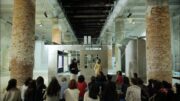
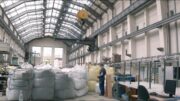
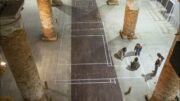
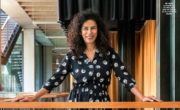
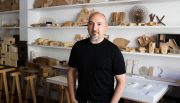
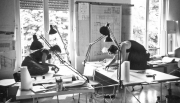

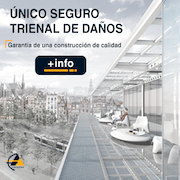
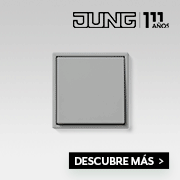



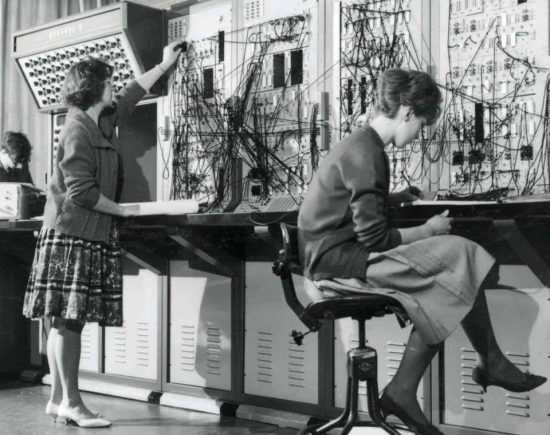
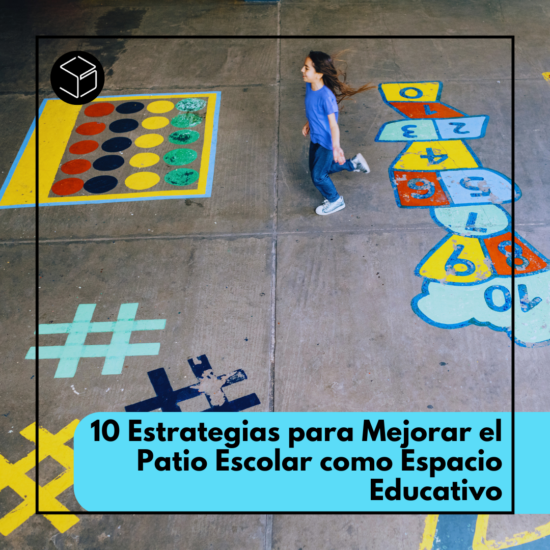
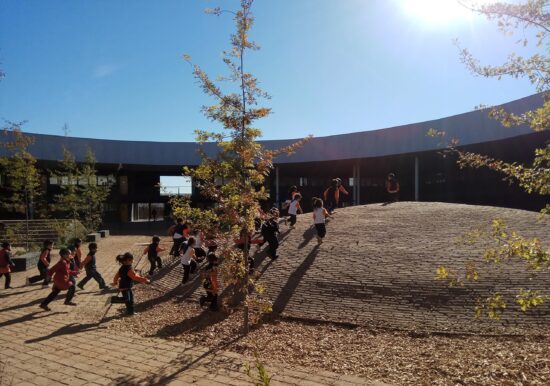
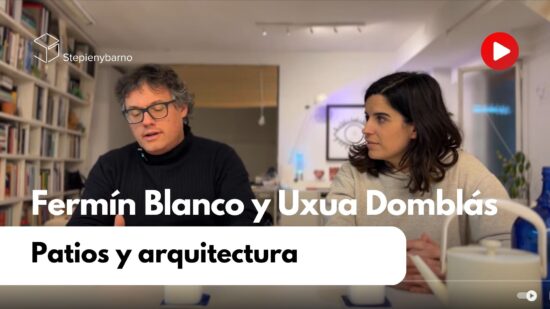
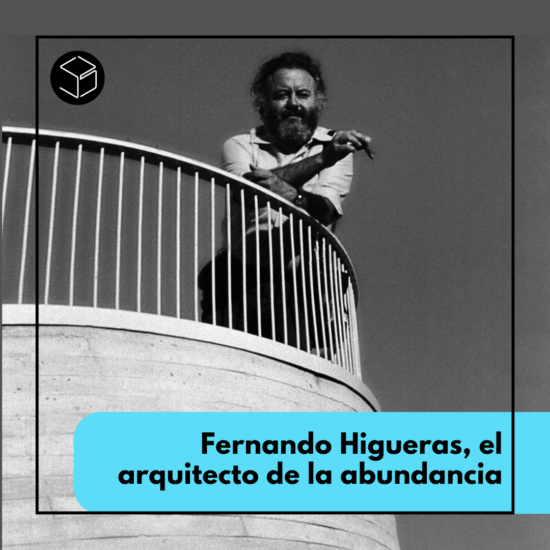

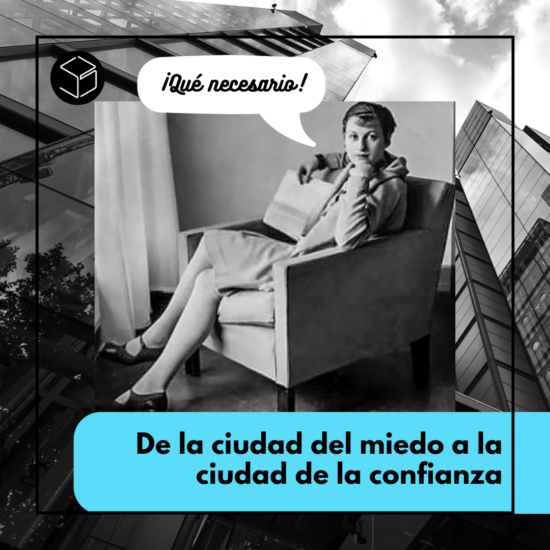
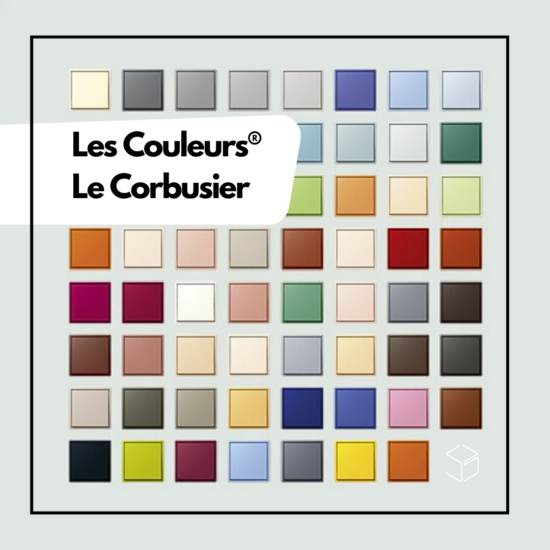

DEJA TU COMENTARIO